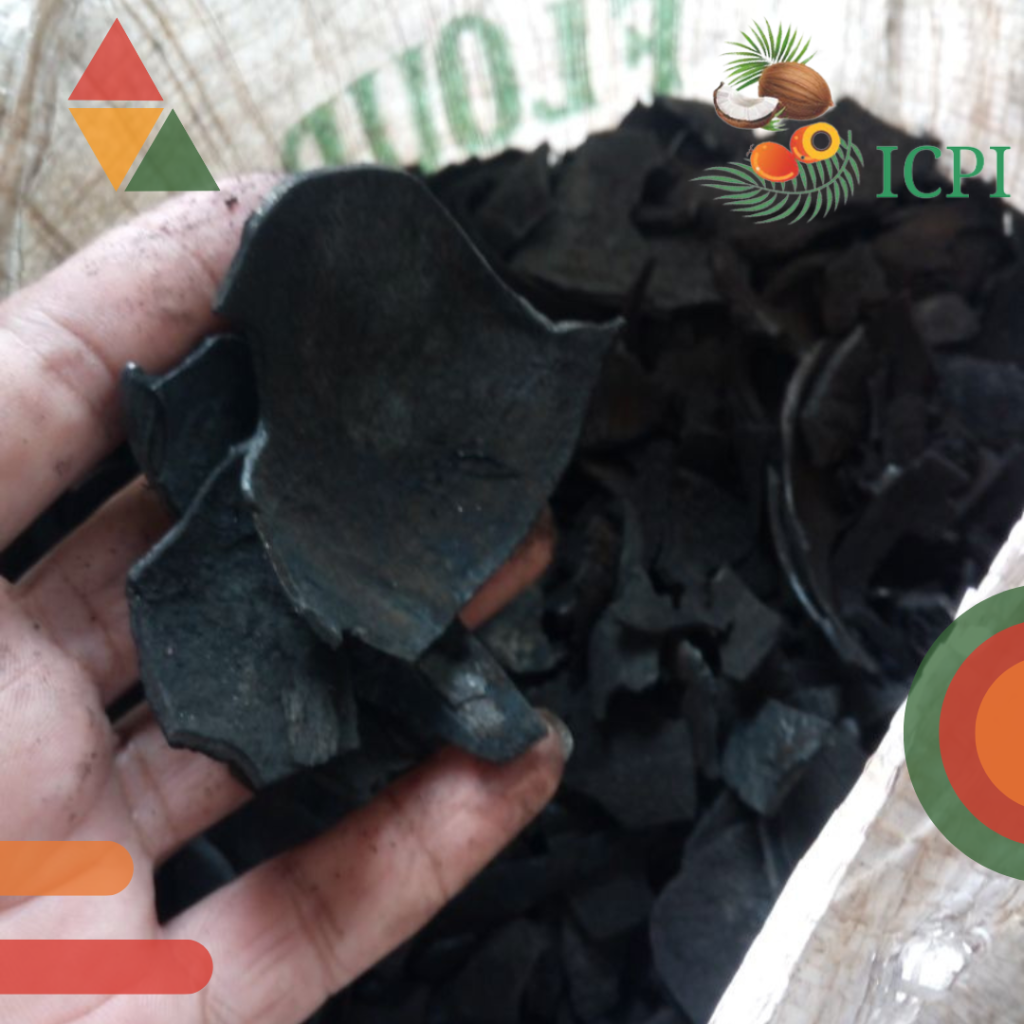Charcoal Indonesia: Supplying the World’s Growing Demand
How Indonesian Charcoal Reaches Global Markets with Quality and Sustainability
Introduction
Indonesia has long been known for its rich natural resources, and one of the country’s rising export stars is charcoal. With a growing global demand for sustainable and high-quality fuel alternatives, Charcoal Indonesia has become a major supplier to markets across Asia, the Middle East, Europe, and the Americas. This article explores how Indonesia has positioned itself as a key player in the international charcoal trade and what makes its products stand out in the global marketplace.
Body
1. The Rise of Charcoal Indonesia in the Global Market
Charcoal from Indonesia is highly sought after due to its consistent quality, high calorific value, and eco-friendly production methods. Indonesia produces several types of charcoal, including coconut shell charcoal and hardwood lump charcoal. These are widely used in household cooking, barbecuing, and industrial fuel.
Moreover, in recent years, Indonesian exporters have successfully expanded to markets such as Japan, South Korea, Saudi Arabia, Germany, and the United States. This growing international presence is supported by improved logistics, international certifications, and a strong reputation for reliability.
2. What Makes Indonesian Charcoal Unique
The uniqueness of Charcoal Indonesia lies in its raw materials and traditional processing methods. Coconut shell charcoal, for example, is made from fully matured coconut shells without chemical additives, making it a preferred choice for eco-conscious buyers. It burns longer, produces less ash, and is odorless — perfect for both home and professional use.
Meanwhile, hardwood lump charcoal from Indonesia is valued for its dense structure, making it ideal for high-heat grilling and industrial energy solutions.
3. Quality Control and Sustainability Standards
Indonesian producers are increasingly adopting international standards in their production process. From carbonization to packaging, every step is closely monitored to meet the needs of global importers. Many suppliers are also turning to sustainable practices such as replanting and using agricultural waste, aligning with global environmental goals.
Certifications like ISO, FSC, and SGS help strengthen trust and long-term partnerships with overseas clients.
4. Export Opportunities and Challenges
While the demand for Indonesian charcoal continues to grow, exporters also face challenges such as shipping logistics, inconsistent regulations, and global market competition. However, many Indonesian companies are rising to the occasion by investing in innovation, improving supply chain efficiency, and building strong relationships with international distributors.
Conclusion
The future of Charcoal Indonesia in the global market looks promising. With an emphasis on quality, sustainability, and customer satisfaction, Indonesian charcoal producers are not only meeting but exceeding international expectations. As more countries seek cleaner and more efficient fuel sources, Indonesia stands out as a reliable and responsible supplier.
Whether you’re a distributor, importer, or business seeking eco-friendly fuel, Indonesian charcoal offers the perfect blend of quality and sustainability, making it a key player in the global charcoal industry.






Good afternoon,
I represent a company based in the United Kingdom that are currently supplying charcoal to the restaurant sector for the whole of the UK and they require alternative suppliers of charcoal.
As I’m living in the Philippines they’ve asked me to make contact with Charcoal Suppliers in nearby countries.
I would be the ‘man on the ground’ in the Philippines setting up this constant supply of Charcoal from other nearby countries, to be exported to my company based in England, UK.
They are importing from a number of countries, but they require an all year round supply. As in, South America (Paraguay) for instance they have a bad rainy season and it is difficult to get the charcoal from the fields at that time. So they are looking for other companies, in different countries, that can export to the UK. To ensure they will have a long term constant supply all year round. It’s all going very well in the UK, but having the continuity of supply that most concerns them.
The charcoal my company are primarily seeking is called Restaurant Grade Hardwood Charcoal.
They also have an interest in Bamboo Charcoal, as the bamboo element of the charcoal may be a good environmental alternative, depending on the price.
Your product would need to be of a very high standard and competitively priced, compared to what they currently receive.
When quoting your Very Best Price Per Tonne, please specify the ‘burn time’ of your charcoal and consider they buy in 40 tonne loads, which is normally shipped to them in 40 foot containers into London Gateway Docks, Felixstowe, England, UK.
The regularity of the charcoal shipment and packaging required would be discussed in more detail at a later stage. But, they’d be looking for approximately 3/4 shipments per year.
If your price per tonne is deemed competitive they would then require some samples of your product for testing and analysis. They will be happy to pay for the shipping of these samples to England, UK.
They are looking for long term suppliers of Restaurant Grade Hardwood Charcoal and possibly Bamboo Charcoal.
In the first instance please get back to me with your Very Best Price Per Tonne for Restaurant Grade Hardwood Charcoal and Bamboo Charcoal. If you can supply one, or both, of these products to my company based in England, UK.
I look forward to hearing from you at your earliest convenience.
Kind Regards,
Ian Parish
iantrevorparish@yahoo.co.uk
Dear Mr. Ian,
Thank you for the information and your explanation.
For further discussion, please feel free to contact us directly via WhatsApp at +62 821 1254 7041.
We look forward to hearing from you.
Kind regards,
Eka